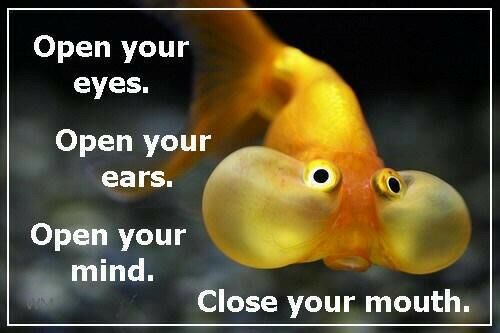Ethical Dilemma and Brain Injury
We mostly rely on our intuition and instinct telling us we are doing (or about to do) something unethical. Ethical dilemma and brain injury is not always so clear. What makes this so? Last week as an introduction to ethical dilemma and brain injury, the focus was on ethics and ethical dilemma. In that article I shared a powerful quote, from Rabbi Dr Milton Pine, that has started my thinking about about ethical dilemma and brain injury. This coincided with finding an article by Dr Geoffrey Scott entitled “Ethical Dilemmas” (Think, 1991). It was in deeply buried in my archives, and found during a clean out. (As an aside, that clean out showed me there is much to be learned from the old, and what is new, is not always that new!) Back to the article; Dr Scott was both a teacher of ethics, and the father of a son with brain injury. Like Dr Pine, he also eloquently described an ethical…

